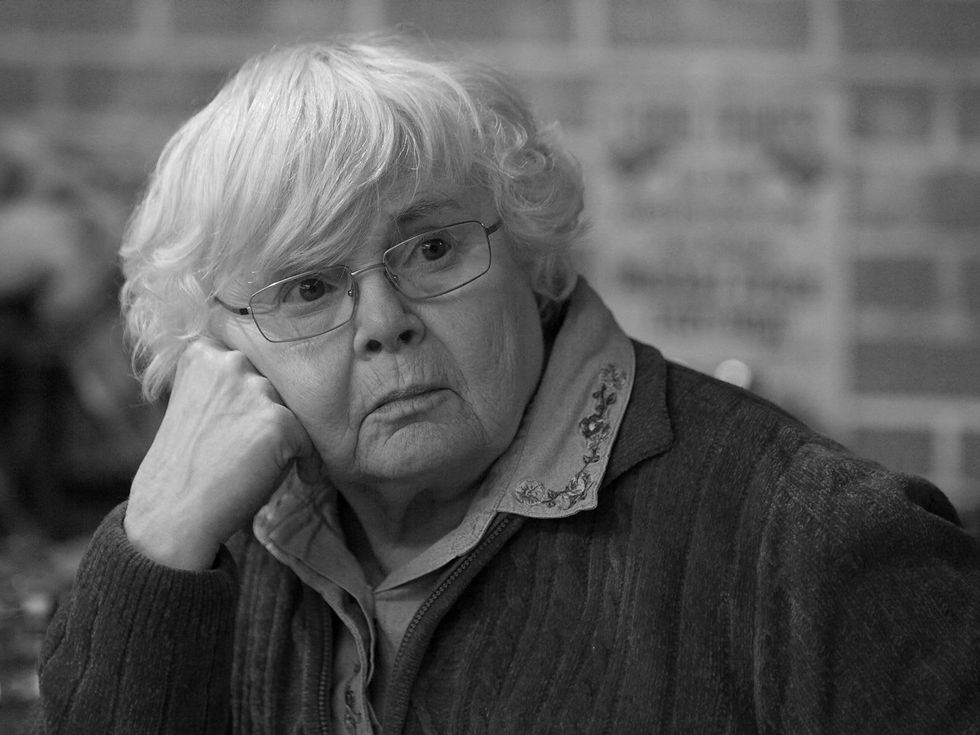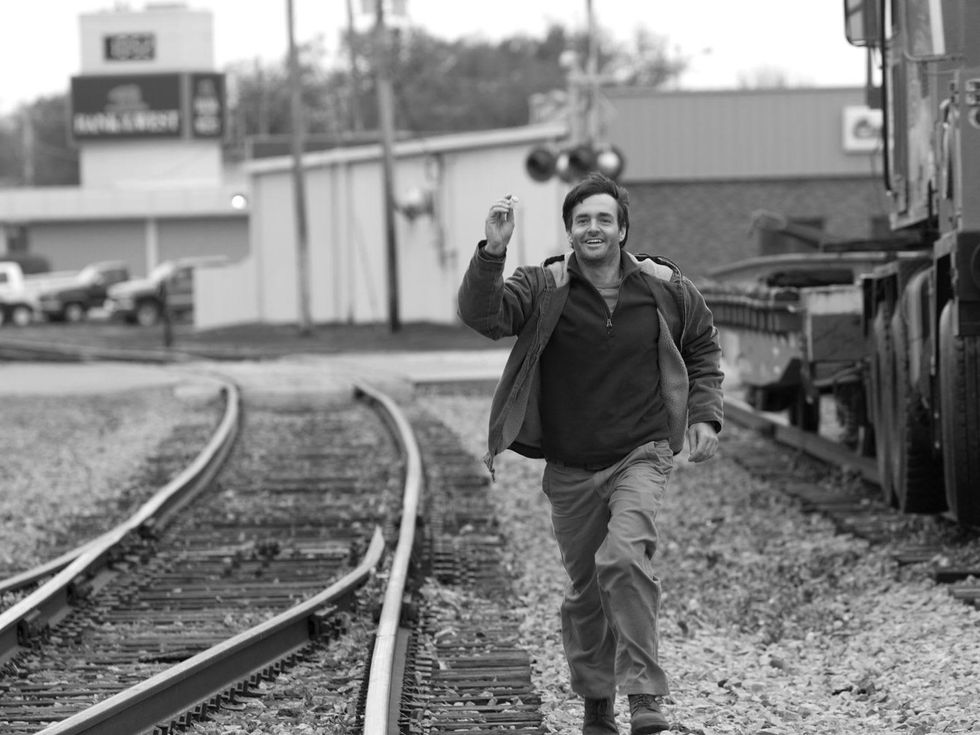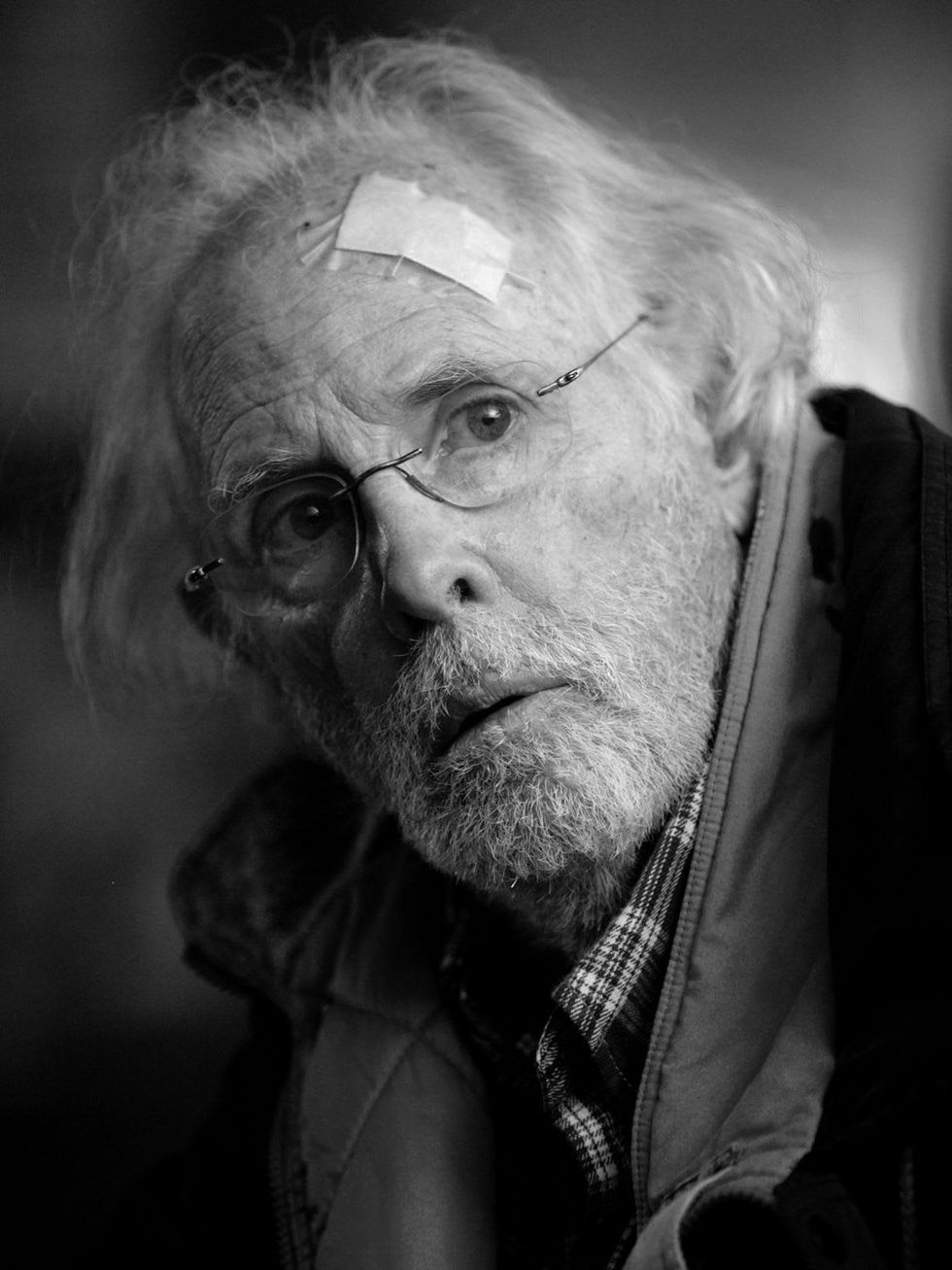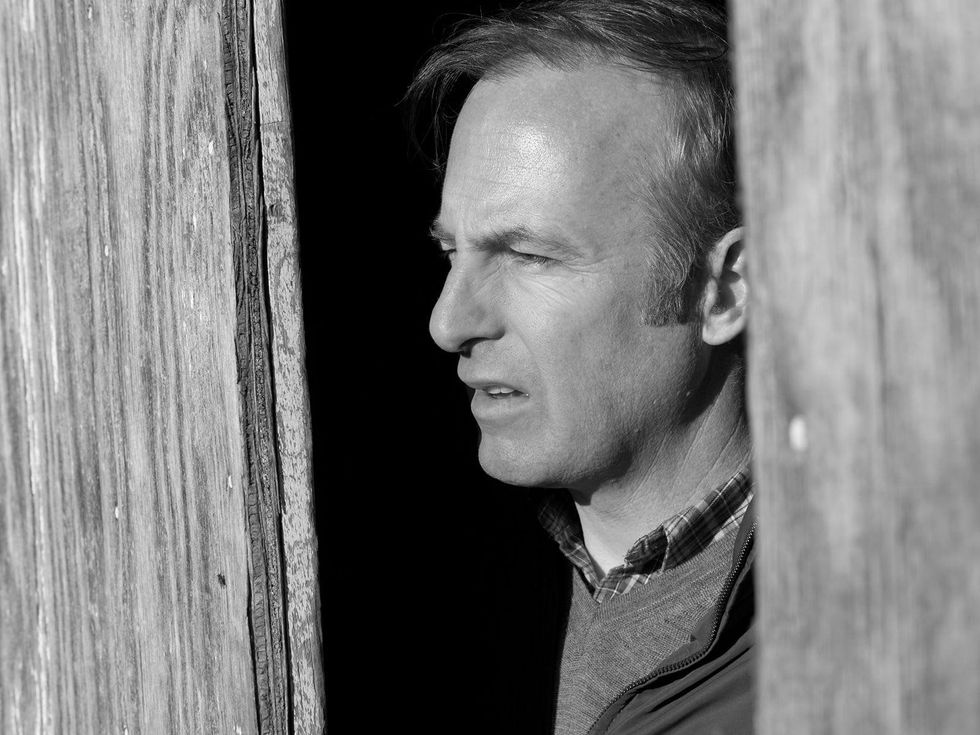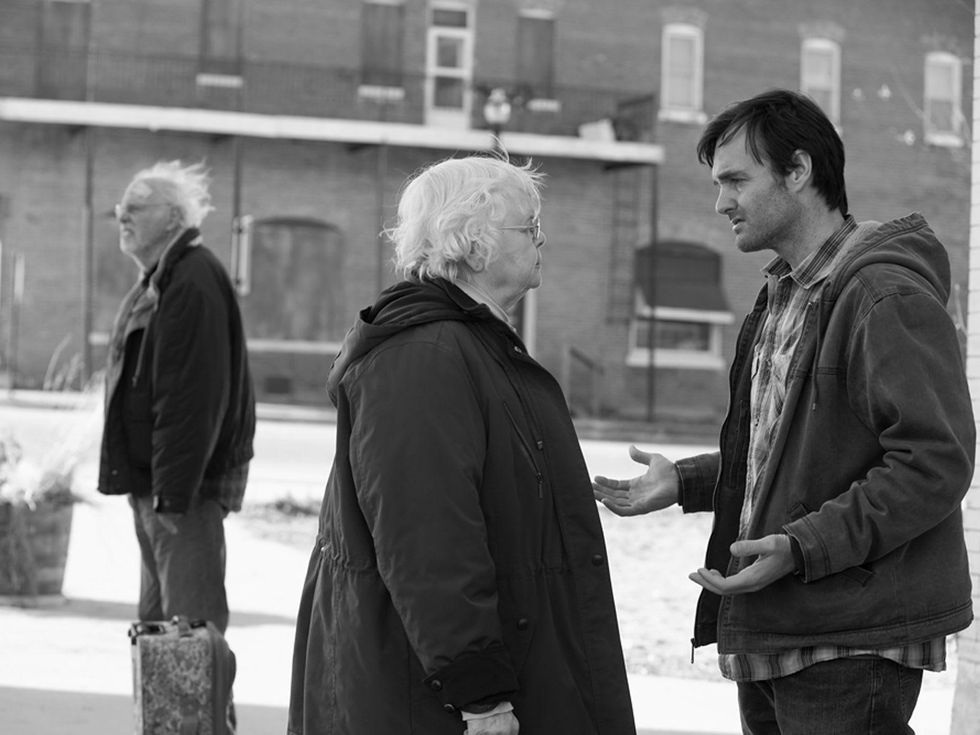Mondo Cinema
Saturday Night Live star finds the joy of playing it straight in Nebraska
After years of broadly comical hijinks as a worthy successor to the original Not Ready for Prime Time Players, Will Forte is ready for his close-up as a serious dramatic actor.
Mind you, there are many amusing moments to be savored throughout Nebraska, the exceptionally engaging and uncommonly affecting new movie that finds Forte cast as David Grant, the dutiful yet dubious son of a boozy golden-ager, Woody (Bruce Dern in a career-highlight performance), who’s unshakably convinced that he has won $1 million in a Publishers Clearing House-like sweepstakes.
But Forte is content to work quiet wonders in what he acknowledges is basically a “straight man” role while Dern and co-star June Squibb (perfectly cast as Dern’s long-suffering, increasingly impatient wife) get most of the big laughs in this latest masterwork from filmmaker Alexander Payne (Sideways, The Descendants).
"The word that I’ve always heard used to describe him, and it seems sort of perfect, is that he’s kind of unhinged."
Even so, as David and Woody interact during an extended road trip from Montana, where David recently has been abandoned by his former live-in lover, to Nebraska, where Woody fully expects to collect a life-changing jackpot, Dern and Forte bring out the best in each other as actors. And while Dern is the one who’s generating most of the Oscar buzz — and who looms large, all by himself, in the movie’s advertising artwork — Forte, too, is getting his fair share of attention. Indeed, the former Saturday Night Live regular was named a Supporting Actor nominee Tuesday by voters for the prestigious Independent Spirit Awards.
Forte sat down with CultureMap to talk about Nebraska during the Houston Cinema Arts Festival.
CultureMap: So how did you make the leap from Saturday Night Live to Nebraska?
Will Forte: I had an agent who sent me the script. I knew it was Alexander Payne’s next project — but nothing else besides that. I read the script, loved the script, connected to the character — but just thought there was no chance I would ever get the role. But I still felt enough of a connection to the character that I figured, “What the heck? Might as well put myself on tape and send it in.”
So I did that, spent the night putting a tape together, and sent it in. And then I just didn’t think about it, because I assumed nothing would come of it, and went about my business. And then, like four and half months later, I got this call out of the blue that Alexander had liked it enough to call me in and read through the scenes in person. That was a very exciting call to get. And an unexpected call. If that had been the only thing that came of this, it would have been a pretty major career highlight for me.
CM: What was on that audition tape?
WF: I did four scenes. The first, where I pick Bruce up at the police station. The scene right after, where I take him home, and we see June Squibb for the first time. And then the scene where I’m drinking with Bruce — the lead-up to the scene with Bruce, and then the actual drinking.
CM: I think it will be very easy for people to connect with the father-son relationship you have with Bruce Dern in this picture. I know I was hooked by the scene in which David and Woody visit Mount Rushmore, and Woody complains: “It looks like they just got tired, and didn’t finish it.” It reminded me of what happened when my stepmother and sister finally got my Irish-born father, God rest his soul, to take them for a visit to the Grand Canyon. My dad came back and told me: “Joseph, it’s just a fookin’ hole in the ground. Just a fookin’ hole in the ground.”
WF: [Laughs] It sounds like my grandpa was your dad. That was another reason why I felt such a connection to this character. My grandpa on my mother’s side was almost identical to Woody in certain respects. We had a much more loving relationship. But it was sometimes frustrating to try to communicate with him. He was a man of few words, so you’d never get much out of him. We had a really fun relationship. But there were times when you’d have that frustration.
CM: What was the best piece of direction you received from Alexander Payne during filming?
WF: God, I don’t remember. And I don’t remember him telling me a whole lot. I did ask at one point — and I don’t remember what the specific question was — but I asked him if my character is telling a joke, how good is he at telling the joke? And he said something to the effect — and this was something he was quoting from somebody else — “Look, the reason I cast you is because, just as yourself, you are 90 percent already the character. All you have to worry about is that 10 percent. So, hopefully, that takes the pressure off.”
"I’m absolutely the straight man of this movie. And by the way: To hear you say that is a really cool thing to hear."
And that really made a lot of sense to me. Because already through auditioning — sending in the tape, and then being called in based on the tape, and reading it with him in person — I already knew that I was essentially in the right ballpark. So that’s when I realized that maybe I was over-thinking everything. And that made me realize: OK, just make your own decisions. And if you’re veering off into a territory that’s maybe off the mark, you have one of the best directors in the world to guide you back on the path.
And also: Bruce was so wonderful to me, in his friendship and in his instruction. He was like a teacher, without teaching too much. He would just give me little tips here and there. They were always very welcome tips. And he just was wonderful to me. And one of the main things he told me was: “Find the truth of the scene.” Which didn’t really register with me at first. But the further and further we went into it, it hit home, what he was talking about. Because, like I say: Sometimes, I would just over think stuff. And he would constantly reinforce: “Just be in the moment.” So I guess I tried not to act too much.
CM: Were you a Bruce Dern fan before you got to work with him here?
WF: I’d always been very aware of him. My favorite Bruce Dern movie was Black Sunday — I was a big football fan growing up, so I loved that. And it scared me.
Actually, he was always somebody who, for me, would stand out in the movies he was in, because he’s such an interesting performer. I don’t want to label him as peculiar — that’s not the right way to put it — but I like the interesting things, the things with rough edges, that he does.
The word that I’ve always heard used to describe him, and it seems sort of perfect, is that he’s kind of unhinged. That’s why he always stood out for me, and why I loved watching him. Not unhinged in a way that stole scenes. But he was just fun to watch.
CM: Was it at all intimating to act opposite such a seasoned and respected actor?
WF: I was intimidated, in a way, just knowing all the experiences he’d had, and all the great people he’d worked with. I really wanted to make sure that I didn’t let him down. And being with him in this movie, it was just so amazing to get to watch this performance with my own two eyes. It was such a special experience. He is nothing like he is in real life, and nothing like any of the other characters that I’ve ever seen him play.
CM: You’ve said that the scene in which you and Dern get drunk together was the most challenging part of the movie for you. Why?
WF: Well, it’s hard coming from a sketch comedy background, where you’re used to doing things bigger. I wanted to make sure I wasn’t doing a sketch-comedy version of being drunk. But there were other scenes — well, it’s really odd, because they were scenes in which I didn’t have dialogue, but would just be reacting. And I would tend to over-think those at times. When you have nothing to do, you might over-think: “Oh, is this how a person would look at a time like this? Am I overreacting too much to each thing people are saying?” And you just forget how normal people react in those situations.
But Bruce was so good about the advice he gave me. He just had a way of relaxing me in a way that took me out of my head. So I was able to be in the moment more. And Alexander was the same way. He was just so relaxed and so confident. And everybody on the set follows his example. So that, after a while, you feel relaxed doing things that might otherwise seem tougher.
CM: It’s funny: Your role here is kinda-sorta similar to the parts played by Donald Sutherland in Ordinary People, or Tom Cruise in Rain Man. While other people are grabbing attention, you have to underplay — which you do, exceptionally well —or the movie will be tipped off-balance. I’m not sure if “straight man” is the right term to use in this context, but…
WF: Oh, I’m absolutely the straight man of this movie. And by the way: To hear you say that is a really cool thing to hear.
CM: But were you ever tempted to take it just a notch?
WF: No, there was no temptation. For me, it was thrilling to not do that stuff. The challenge was: “Oh, can I be super-realistic?” I’m not saying that I’m usually a ham all of the time. But the idea of just doing what serves this beautiful script the best — wow. Bob Nelson wrote such a great script. It laid out the path for you, what was to be done.
And Bruce and June and everybody else were so good in these parts that it made it very easy for you to find where you were supposed to be. And Alexander obviously puts you in these amazing situations where you can only succeed, pretty much.
I still can’t believe I was in this movie. But it was a huge team effort. And those guys helped me out so much.
